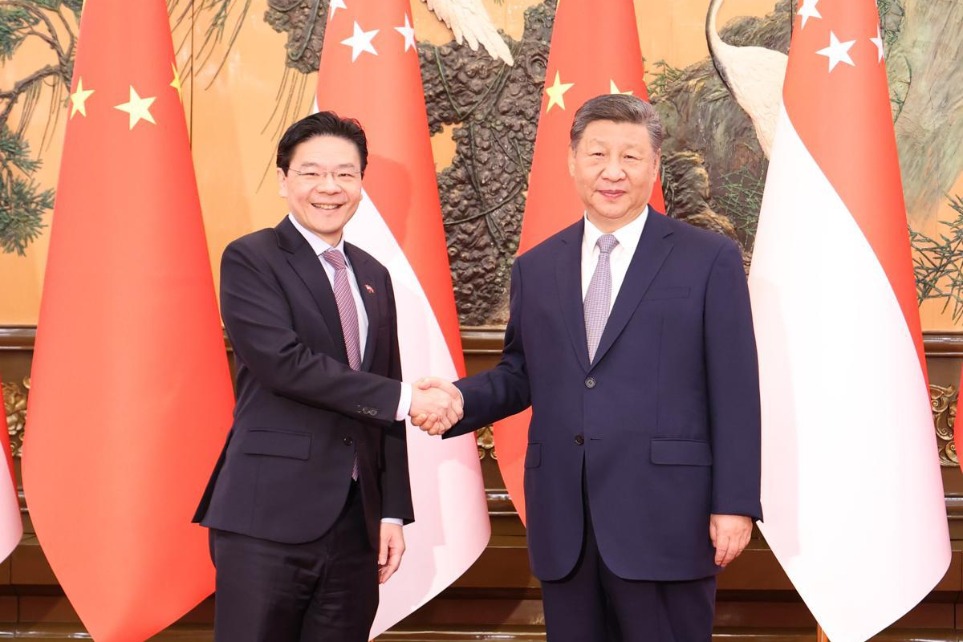Digital renminbi moves step closer: China Daily editorial


Reports that China's central bank, the People's Bank of China, has already started internal testing of its digital currency in cities including Suzhou, Shenzhen and Xiong'an indicate that the new form of payment will likely be launched in the near future, as the country is picking up pace in its bid to become a global forerunner in the sector.
To put it simply, the central bank digital currency will be the electronic form of the renminbi, with value equivalent to the paper notes and coins in circulation, according to a document released by the PBOC Currency Research Institute. Drawing on the experience of core blockchain technology, the digital currency could change the financial system in big ways — by cutting costs and making transactions easier, more convenient and more transparent.
Unlike decentralized cryptocurrencies, such as bitcoin, that allow users to transfer value with no central authority or third party involved, the government-backed digital currency is put under the centralized mechanism of the central bank and thus is as stable in value as its cash cousin.
China has already made a lot of progress in building a cashless society as mobile payments by means of Alipay or WeChat Pay have become an indispensable part of people's daily life. In 2019, banks handled non-cash mobile payments of 347.11 trillion yuan ($49.27 trillion), up more than 25 percent year-on-year, according to the central bank.
The novel coronavirus outbreak has accelerated the cashless process, as people staying at home because of movement restrictions aimed at containing the spread of the virus have relied on e-commerce platforms and mobile payments to purchase necessities. Many also choose not to use cash at stores or markets because of concerns that the virus might be transmitted via notes or coins. All this has paved the way for the government to usher in the digital currency.
The central leadership has long acknowledged the major role of blockchain technology in the new round of technological innovation and industrial transformation. In October last year, President Xi Jinping called for using blockchain as "an important breakthrough for independent innovation of core technologies" at a key central meeting. The statutory digital currency marks another step forward in the direction that Xi has indicated.
A lot of work still needs to be done, especially in setting the security standards and a regulatory mechanism for the new form of payment. But with the use of the digital currency now being tested, China is moving ever closer to an official launch date for the issuance and supply of a central bank digital currency and a system for interbank settlements that uses the currency.






























